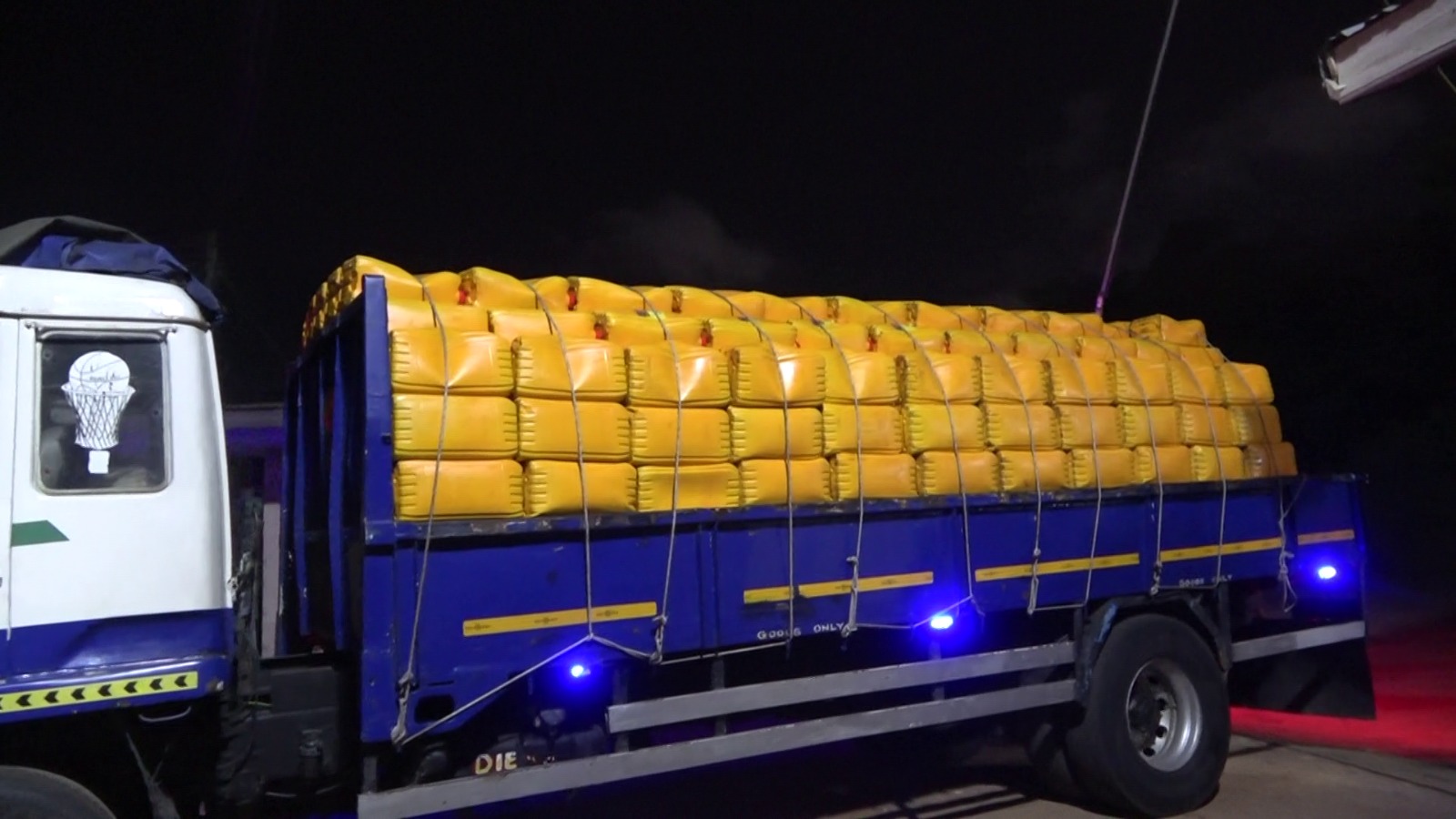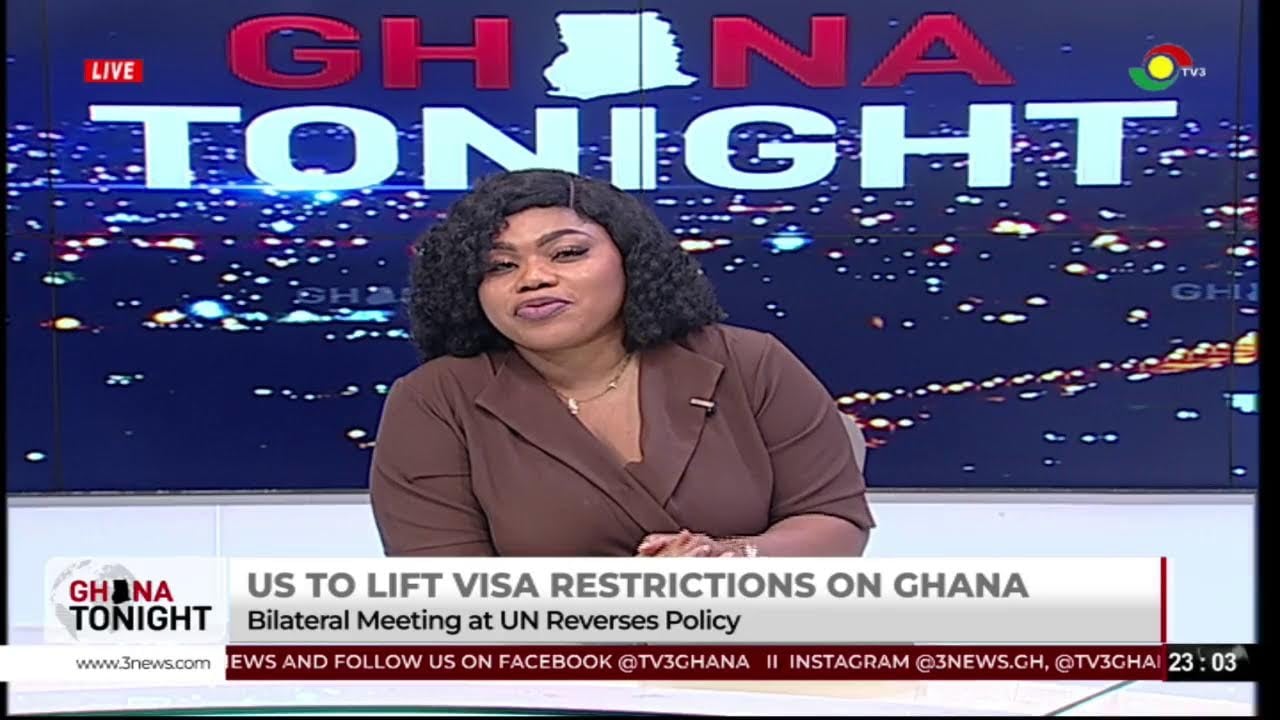
The Ashanti Region Chapter of the Ghana National Association of Small Scale Miners (GNASSM) has voiced serious concerns over the rampant operations of multiple, unregulated task forces claiming to combat illegal mining across the Ashanti Region.
According to Michael Adu Gyamfi, the Chapter’s Secretary, these task forces – some supposedly from national, regional, or district-level authorities harass, intimidate, and extort legally licensed miners under the guise of enforcing mining laws.
“In a single patrol day, you may witness three or four different operation teams visiting the same site, all claiming to serve the same purpose,” Mr Gyamfi said.
“One will say they are from national, another from regional and a third from district level. Our people are being intimidated and extorted.”
The miners allege that the operations are chaotic, uncoordinated and often lack proper oversight or identification, enabling imposters and rogue actors to exploit the system.
The fight against illegal mining or galamsey, is one of the most pressing national concerns. Successive governments have poured resources into this effort to protect the country’s rapidly depleting forest reserves and water bodies.
However, when a campaign, designed to preserve our natural heritage begins to terrorise legitimate actors – licensed small-scale miners, it becomes clear that something is deeply flawed in its execution.
The alarm, sounded by GNASSM, is not just a cry for attention. It is a compelling indictment of the dangerous breakdown in regulation and oversight within Ghana’s anti-galamsey operations. It reveals a system in which the lines between law enforcement and extortion are increasingly blurred – one where disorder, duplication and impersonation thrive at the expense of lawful economic activity.
According to GNASSM’s regional secretary, Mr. Michael Adu Gyamfi, on any given day a mining concession could be visited by three to four different task forces – each purporting to represent a different tier of authority: national, regional, district. None are coordinated. Many lack identification. Others claim affiliations with agencies like the Minerals Development Fund (MDF), which, traditionally, plays a funding and development role not law enforcement.
This is not how an effective policy looks. What we are witnessing is not a fight against galamsey; it is the institutionalisation of chaos, the criminalisation of legal enterprise and the breeding ground for abuse.
To be clear, illegal mining is a destructive force that must be tackled. Ghana has lost vast tracts of forest and seen rivers like Pra, Ankobra, and Offin turn muddy and toxic due to mercury pollution.
The President’s commitment to rooting out this menace is commendable. But let us not conflate “tough action” with “lawless action.” Harassment of licensed miners, seizure of equipment without due process, and shakedowns at gunpoint are not victories—they are defeats of the very rule of law we claim to uphold.
The situation in the Ashanti Region exposes a deeper failure: a lack of coordination among state actors and the absence of a central enforcement command. How is it that multiple groups can roam mining zones unchecked? Who mandates these teams? Who audits their activities? The fact that such questions remain unanswered should concern every Ghanaian who cares about justice, governance, and national development.
Moreover, the presence of imposters and rogue operatives masquerading as task force members suggests that the anti-galamsey fight has become a lucrative racket for criminals and insiders alike. When systems lack transparency, they become tools for exploitation. In this case, those tools are being used against citizens who have acquired licenses, complied with regulations and pay taxes.
If this trend is not reversed, Ghana risks delegitimising its own mining regulatory framework. We cannot encourage citizens to legalise their operations and then subject them to mob-style policing. This is not only unjust but it is economically not sound. Small-scale mining contributes significantly to rural employment and national gold production. Undermining this sector only increases poverty and erodes public trust.
The government must act swiftly to clean up this mess.
The post Editorial: Unregulated Task Forces Claiming To Combat Galamsey Must End Now! appeared first on The Ghanaian Chronicle.
Read Full Story










Facebook
Twitter
Pinterest
Instagram
Google+
YouTube
LinkedIn
RSS